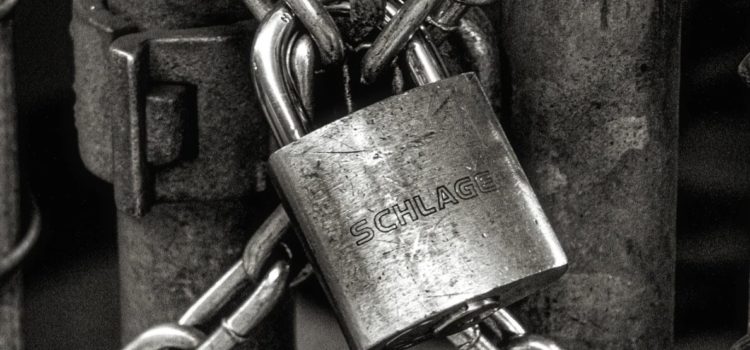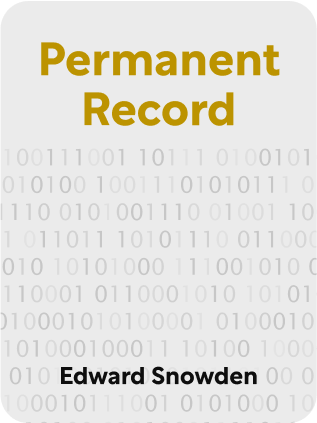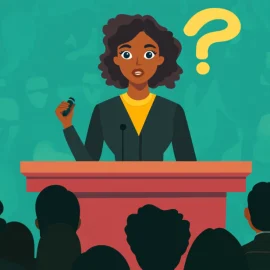

This article is an excerpt from the Shortform summary of "Permanent Record" by Edward Snowden. Shortform has the world's best summaries of books you should be reading.
Like this article? Sign up for a free trial here .
What are Edward Snowden’s thoughts on encryption? How important is encryption to your security? How does encryption work?
For Ed Snowden, encryption is an important security tool. He used encryption to protect his own files. Read more about Snowden, encryption, and privacy.
Edward Snowden: Encryption in Action
Ed liked teaching and wanted to help the public defend itself against mass surveillance. For Snowden, encryption was critical. Even though he was leaking information about mass surveillance, he knew that wasn’t going to be enough to allow people to retain their privacy. He taught a workshop on encryption. This was also practice for explaining things to a layperson’s audience, which he’d have to do when he blew the whistle. Many of the people who showed up weren’t particularly worried about mass surveillance, they just wanted control over their privacy.
Ed knew better than anyone that it’s hard to be anonymous on the Internet. He got in touch with journalists using a variety of different identities and used encrypted email. He had to convince and/or teach the journalists to use encryption too.
What Is Encryption?
Encryption is the only way to really protect yourself against surveillance. Think of encryption as a much more advanced version of a cipher. When you encrypt data, you’re using a key to transform it into gibberish. Therefore, anyone trying to look at your data won’t be able to make sense of it because they don’t have the key.
Encryption algorithms are very complicated math problems—problems so complicated even computers can’t solve them. Usually, the longer an encryption key is, the safer it is, because the math is harder. The math and computing power required to break a 4096- or 8162-bit encryption key don’t exist.
As a result, the government doesn’t try to break the encryption, they go after the keys or the locksmiths:
- To go after the key, the government attacks the programs that do the encryption.
- To keep keys safe, you can use a method called “zero knowledge.” Zero knowledge involves encrypting data before you upload anything so that the key never leaves your computer.
- To go after the locksmith, the government either forces companies who make tech to build weak encryption or tries to get international standards organizations to sign off on insecure algorithms.
Ed Uses Encryption to Facilitate Leak
For Snowden, encryption was critical to the whole process. Ed compressed and encrypted the documents and transferred them onto small SD cards. Then he smuggled the SD cards out of the NSA in his cheek, in his socks, or behind the panels of a Rubik’s Cube.
To get in touch with journalists anonymously, Ed drove around the island of Hawaii and connected to strangers’ wifi connections. He used encrypted email and a computer that deleted everything he did on it every time it was shut down. Ed decided to start with Laura Poitras and Glenn Greenwald, two journalists who were on the intelligence agencies’ to-watch list.

———End of Preview———
Like what you just read? Read the rest of the world's best summary of Edward Snowden's "Permanent Record" at Shortform .
Here's what you'll find in our full Permanent Record summary :
- What Ed Snowden discovered that caused him to completely lose faith in the government
- How Snowden led the bombshell reports of US mass surveillance
- How Snowden is coping with his treatment as both patriot and traitor






